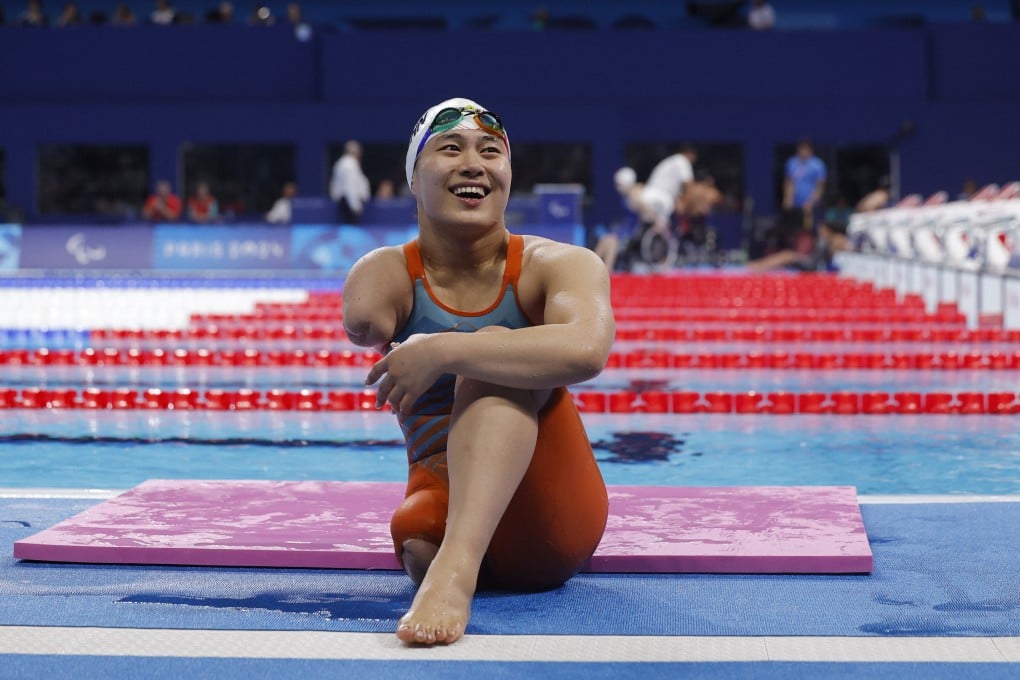Opinion | How Chinese with disabilities are inspiring a more inclusive country
China must enforce its disability rights laws and improve accessibility, but social attitudes also need to shift beyond discrimination and pity

I hope Jiang’s triumphs will serve as a beacon of hope, illuminating the path for others to chase their dreams and embrace the transformative power of sports. Yet, for those who do step onto this path, a word of warning: mockery and scorn may await.
In late August, a young woman with disabilities from Ningxia Hui autonomous region, surnamed Ma, shared a video of herself on social media engaged in vigorous exercise. What followed was a torrent of vitriol from online trolls. “Look at you! Why do you bother”? sneered one netizen. Another cruelly accused her of pretending to be able-bodied. One particularly venomous commenter went so far to say “If you don’t have a full body, what’s the point of living like that.”
Ma’s story brought back memories from my own childhood – a memory tinged with shame. I grew up on the outskirts of Nanjing, Jiangsu province. A young man born without legs lived nearby. His parents kept him confined to their cramped flat. Yet, whenever he managed to escape, crawling on all fours through the village, we children would follow him, taunting and throwing pebbles, as if he were some strange creature, not fully human.

